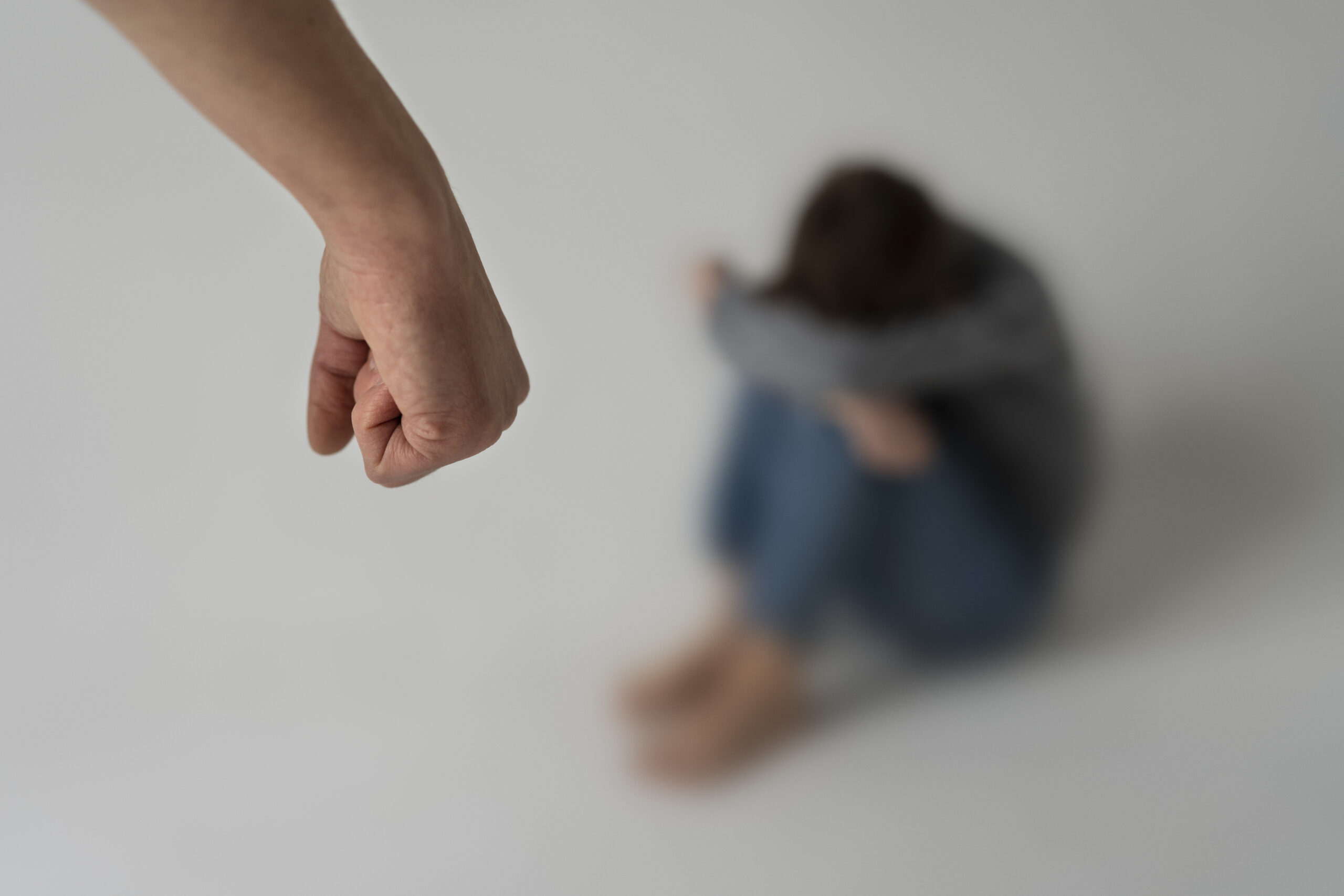John Hirbo Aftiyes Using religion to change lives
John Hirbo Aftiyes, 43, was born in a devout Muslim family with his father being a sheikh (Islamic scholar). However, a miraculous healing saw him convert to Christianity. Today Hirbo
John Hirbo Aftiyes, 43, was born in a devout Muslim family with his father being a sheikh (Islamic scholar). However, a miraculous healing saw him convert to Christianity. Today Hirbo is a pastor and is using this calling to do humanitarian work in Marsabit County where he works as the Marsabit County Program Director for Partners for Care a non-governmental organization. He shared his captivating story with HENRY KAHARA
When John Hirbo Aftiyes converted from Islam to Christianity, his family members renounced him. According to Hirbo he has tasted Christianity and not even his family’s drastic move would make him rescind his decision. Hirbo first heard about Christianity at the age of six.
“I had an accident when I was six years old, which led to paralysis of my lower limbs. I couldn’t stand let alone move. My parents were worried. My father shared my predicament with a missionary who was based in Marsabit. The missionary prayed for me and I miraculously got healed,” narrates Hirbo.
It was a profound experience for young Hirbo and desired to know more about the missionary’s religion, which was different from his. The missionary became a newfound friend for Hirbo and followed him wherever he went. He would keenly listen to him as he preached the gospel of Christ and Hirbo was soon convinced he wanted to be a Christian. His friendship with the missionary did not go to naught as he was also enrolled in school, something that his siblings missed out on.
Meanwhile, his folks thought his change of religion was a childhood obsession that would soon go away. After finishing his secondary education, Hirbo continued holding on to the Christian faith and this worried his parents. They asked him to revert to Islam but he refused.
This saw them renounce him. “Deep inside my heart, I felt I had a calling to serve as a pastor and renouncing Christianity was not an option. It was either my family accepted me with my Christianity or we part ways. It wasn’t an easy decision to arrive at but my mind was made up and my heart was at peace. That was all the nudging I needed to walk out of a place I called home,” he says.
To satisfy that burning fire in him for pastor hood, he enrolled at a Bible school and thereafter opened Bethsaida International Church in Marsabit. It is here that Hirbo has thrived not only in pastoral duties, but also reaching out to the communities in Marsabit. Together with his wife who is also an employee of Partners for Care, Hirbo has helped over 100 orphans.
“It’s our duty to ensure that orphans and widows are well taken care of. The book of James in the Bible defines a pure and undefiled religion as one that cares for the orphans and widows who are suffering and we are simply following these instructions,” he notes.
Furthermore, Hirbo has planted more than 16 churches while spreading the gospel to both Muslims and Christians alike. In the process, he has seen many Muslims convert to Christianity.
During his outreach missions, he realised that many Marsabit residents, especially those that live in remote areas, were infested with jiggers. So much so that many children had impaired toes and fingers, making it difficult for them to walk or use their hands.
“We had more than 10 villages infested with jiggers, with women and children being the most affected,” he notes.
Currently Hirbo together with some of his followers are in the process of eradicating jigger menace.
“We are teaching residents how to maintain cleanliness in their manyattas as this will help to keep jiggers and other diseases at bay. Everyone deserves a good life,” he points out.
Hirbo also acknowledges that illiteracy has held many residents from his home county captive hence denying them the chance of realizing their full potential. He points out illiteracy as the main reason why residents are still wallowing in poverty.
“It’s unfortunate that locals still treat children like wealth hence the more the better, yet this is retrogressive thinking. It’s normal to find a woman with more than 12 children and the family is unable to provide basic needs to them, not to mention education,” says the father of six.
Need for education…
Having been privileged to taste education and enjoy its fruits, Hirbo knows only too well it is what his people need to get out of the challenges afflicting them.
“Education is important in life because it gives people the skills and tools they need to navigate the world. The world is changing and we cannot allow ourselves to be stuck in our old ways in the name of culture,” he posits.
Hirbo clarifies that his main concern is not the certificates that comes with education but the change in perception and thinking that one gets.
“Education also allows one to interact with other people outside one’s locale. Once they start associating with people from different communities, their eyes will open up,” observes Hirbo.
The Samburu and Rendille, are majorly nomadic pastoralists, dominate Marsabit County. This makes it hard for their children to get education and therefore the cycle goes on and on. To address this, Hirbo has started evening classes for morans (young men aged between 15 to 30 years) which start at 8pm and end at 10pm. Currently, we have 42 morans who turn up for the classes,” he says.
According to Partners for Care President/Founder, Connie Cheren, it’s risky for the community not to get educated.
“They will be disadvantaged. Access to education means more opportunities and a better life,” notes Connie.
Hirbo remarks that although he has put a spirited effort to enlighten residents, the project is faced with a pile of challenges.
“We only have one teacher. It would really help if we got more teachers so that we can be able to start day time classes to include girls and women in the programme,” he notes, adding that a woman’s duty in the community is to rear and raise children and look after the family, something that needs to change.
Besides shortage of teaching staff, the programme also grapples with lack of space, books and reliable power for lighting. When they are lucky, the get to use community halls for studies while using rechargeable torches to illuminate the room. It becomes even harder during the dry season as thousands of residents reel in famine. Education is thus put in the back burner as search for food, water and pasture for livestock takes centre stage.
In light of the above challenges, Hirbo believes that lifestyle change is key in breaking the perennial cycle of hardship facing his people.
The Partners for Care vision is to see every child to have the opportunity to live, have enough food to eat, attend school and grow up healthy.
“Educating the residents of Marsabit County and other arid and semi arid regions is a wise investment, as this will help them look for alternative economic activities. With the climate change and what have you, pastoralism that depends on the weather is not sustainable. This explains the perennial unrest in parts of the country that practice pastoralism,” he concludes.
For the full story grab your April 2017 issue out now…




